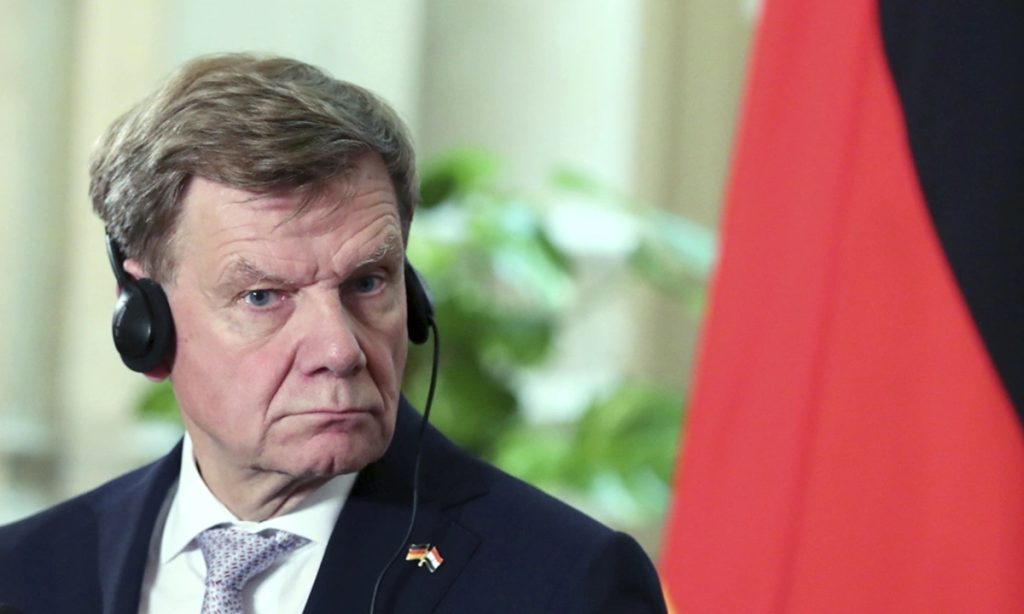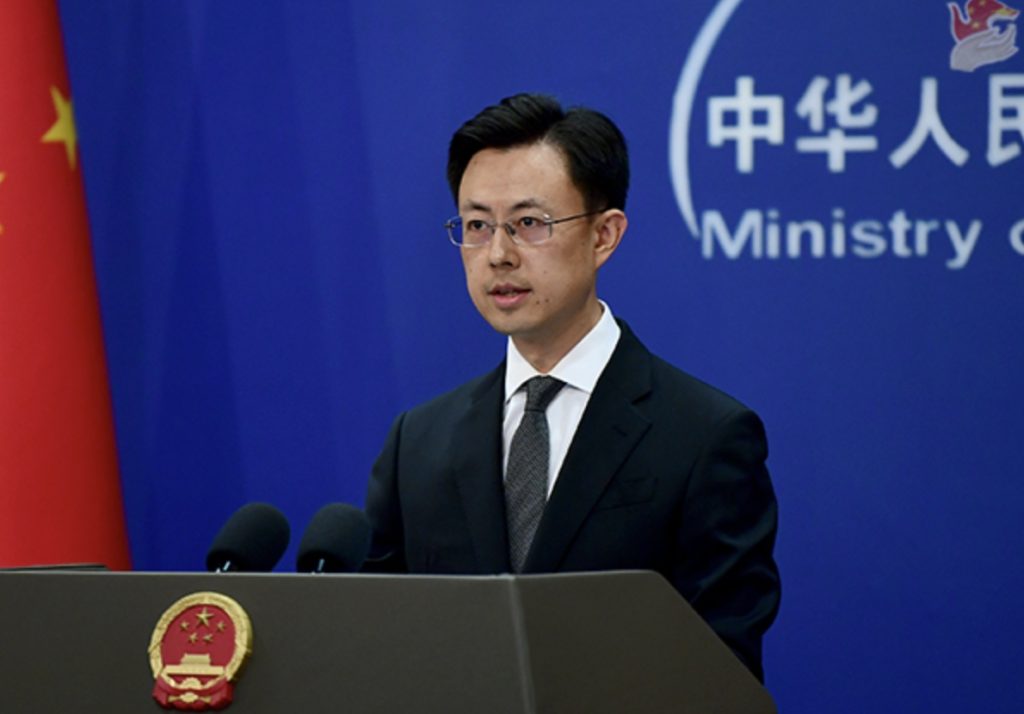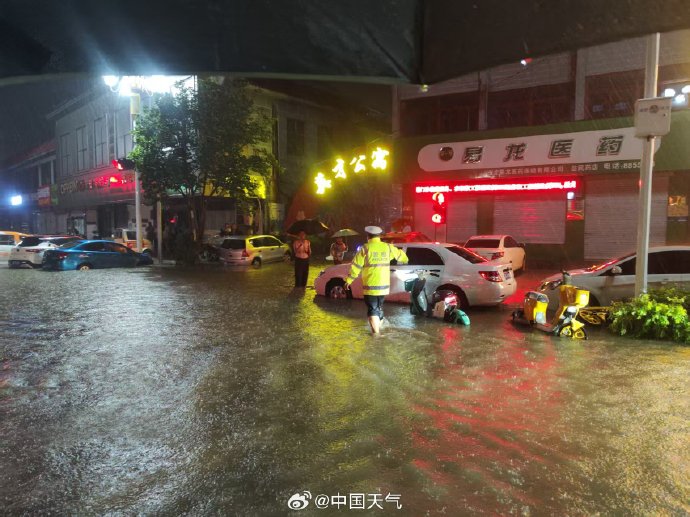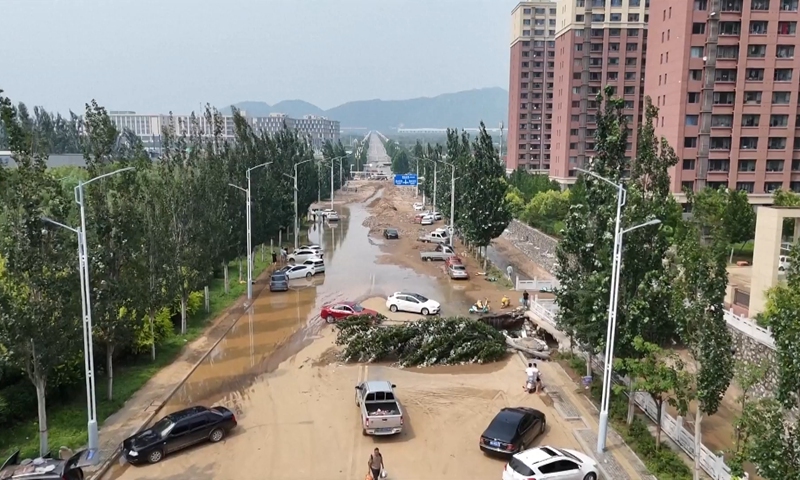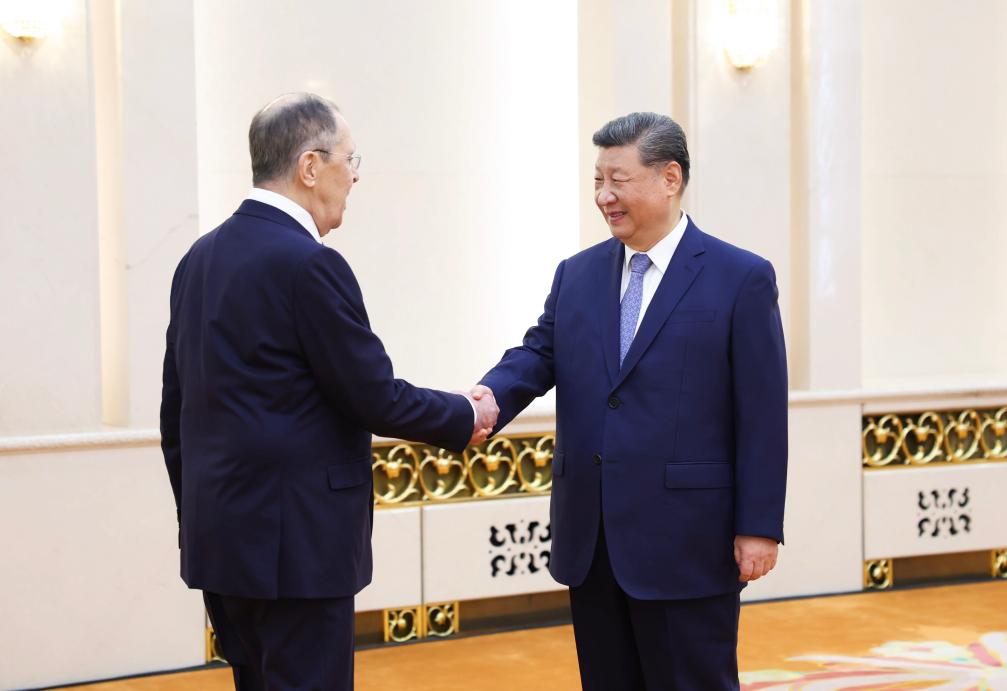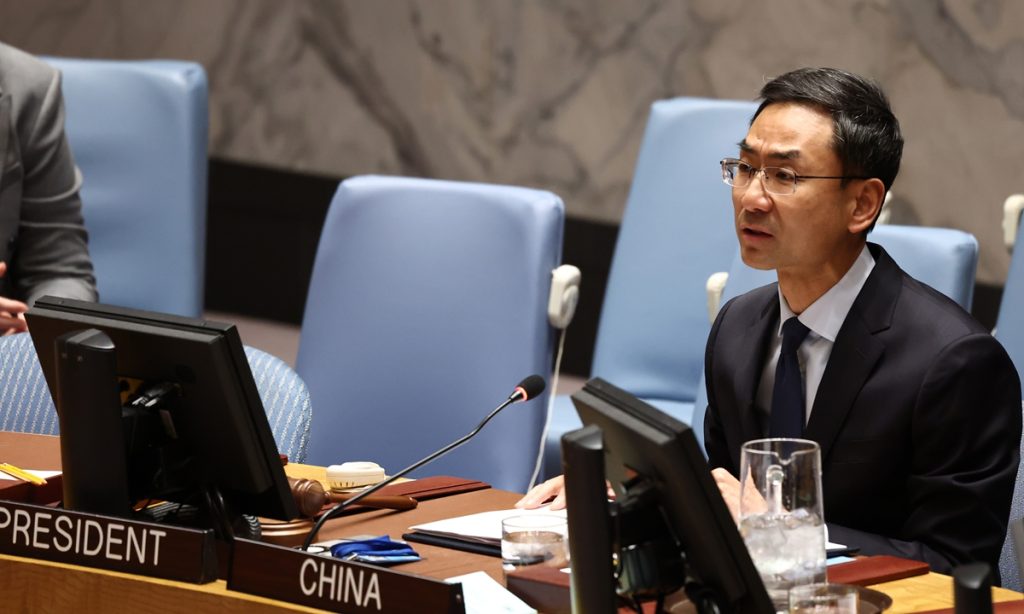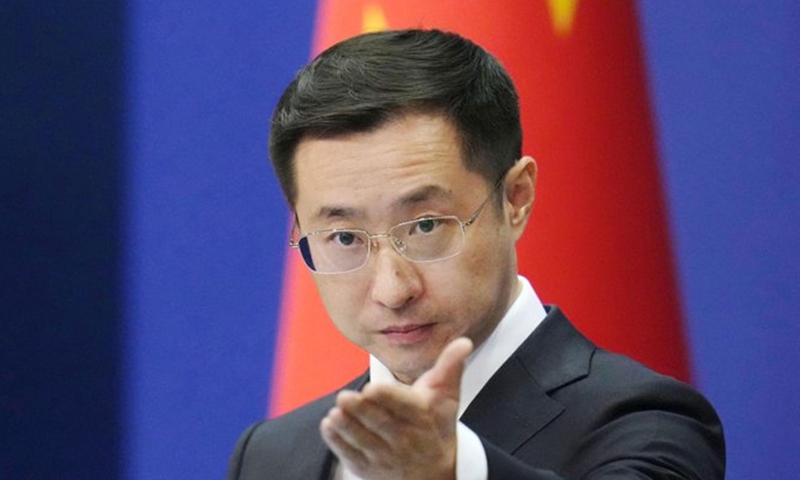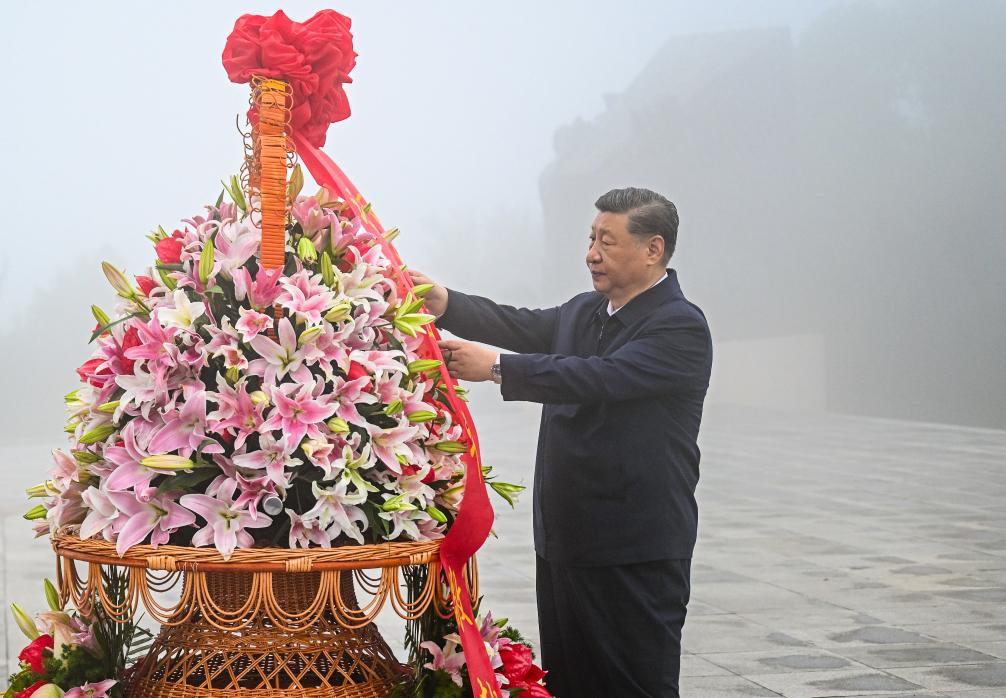Wang Yi set to start India visit amid improving ties
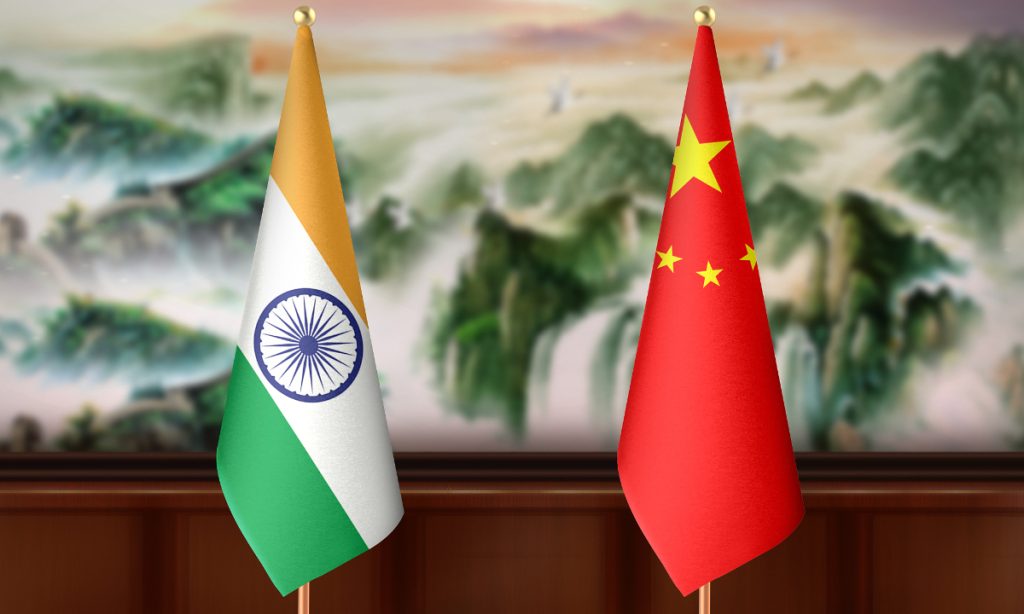
Chinese Foreign Minister Wang Yi is scheduled to pay a visit to India and hold talks on the boundary question from Monday to Wednesday at the invitation of the Indian side, his first trip to the country in over three years, according to media reports.
Chinese experts saw the visit as a step toward further improvement of bilateral relations, although they noted further substantive progress is needed to achieve full normalization.
From August 18 to 20, Member of the Political Bureau of the CPC Central Committee, Minister of Foreign Affairs and China's Special Representative on the China-India boundary question Wang Yi will visit India and hold the 24th Round of Talks Between the Special Representatives of China and India on the Boundary Question at the invitation of the Indian side, the Chinese Foreign Ministry spokesperson announced on Saturday.
China and India's special representatives on the boundary question held the 23rd meeting in Beijing in December of 2024 and reached a six-point consensus.
Wang will hold talks with Shri Ajit Doval, India's National Security Adviser and Special Representative for the China-India Boundary Question, and meet with Indian External Affairs Minister Subrahmanyam Jaishankar, according to India's Ministry of External Affairs.
The two sides are expected to consider several confidence-building measures to bolster peace and tranquility along the Line of Actual Control (LAC), including the resumption of border trade, and to discuss a mutually acceptable framework for settling the border issue, people familiar with the matter said, according to the Hindustan Times.
In response to a related inquiry, Chinese Foreign Ministry spokesperson Lin Jian said on Thursday that China and India are maintaining interactions at various levels.
"We stand ready to work with India to act on the important common understandings reached between leaders of our two countries, maintain the momentum of high-level exchanges, cement political mutual trust, enhance practical cooperation, properly handle differences, and promote the sustained, sound and steady development of China-India ties," the spokesperson said.
In recent months, officials from both sides have continued to engage. Wang met with Doval in June, with both sides calling for continued peace and tranquility in border areas. The exchanges continued the following month with the top Chinese diplomat holding talks in Beijing with Jaishankar.
Wang's visit comes days ahead of Indian Prime Minister Narendra Modi's planned trip to China to attend the annual summit of the Shanghai Cooperation Organization (SCO), the Press Trust of India reported. Since the meeting between Chinese and Indian leaders late last year in Russia on the sidelines of the BRICS summit in Kazan, relations have been heading toward improvement, and in recent months there has been tangible progress, Long Xingchun, a professor from the School of International Relations at Sichuan International Studies University, told the Global Times.
Hu Zhiyong, a professor from Zhejiang International Studies University and a research fellow at the Institute of International Relations at the Shanghai Academy of Social Sciences, told the Global Times that the visit would place greater emphasis on restoring communication mechanisms and easing border tensions.
India media outlet The Hindu reported on Sunday that the visit is being viewed as a significant development in India's diplomatic calendar as it comes days after high penalty tariffs imposed on Indian goods by the US, which, according to the expert, has also prompted India to adjust its diplomacy and seek to further improve ties with China.
When asked about how China sees the bilateral relations with India evolve as India's ties with the US face challenges, Chinese Foreign Ministry spokesperson Lin Jian said on Thursday that China and India are both major developing countries and important members of the Global South. A cooperative pas de deux of the dragon and the elephant as partners helping each other succeed is the right choice for both sides.
China stands ready to work with India to act on the important common understandings reached between leaders of our two countries, consistently increase political mutual trust, expand exchanges and cooperation together, properly handle differences while bearing in mind the bigger picture, and strengthen coordination and cooperation on such multilateral platforms as the Shanghai Cooperation Organization, with a view to promoting the sound and steady development of China-India relations, the spokesperson added.
Besides, for some time, the Chinese side has been in close communication with India to promote the early resumption of direct flights between the two countries, Chinese Foreign Ministry spokesperson Lin Jian said during a press conference on Thursday.
Amid the continued improvement of bilateral relations, a recent proposal by an Indian government's think tank to ease rules that require extra scrutiny for investments by Chinese companies has also sent a positive signal.
However, Long added that the normalization of bilateral relations still hinges on economic and trade relations and personnel exchanges, which in turn requires the resumption of regular flights. These key areas are the urgent priority and a critical indicator of whether China-India relations have genuinely returned to a normal state, the expert added.
India said it will resume issuing tourist visas to Chinese citizens from July 24 this year for the first time in five years. Long said that India still needs to demonstrate greater sincerity in improving bilateral relations, such as by streamlining its complicated visa procedures and other barriers.
